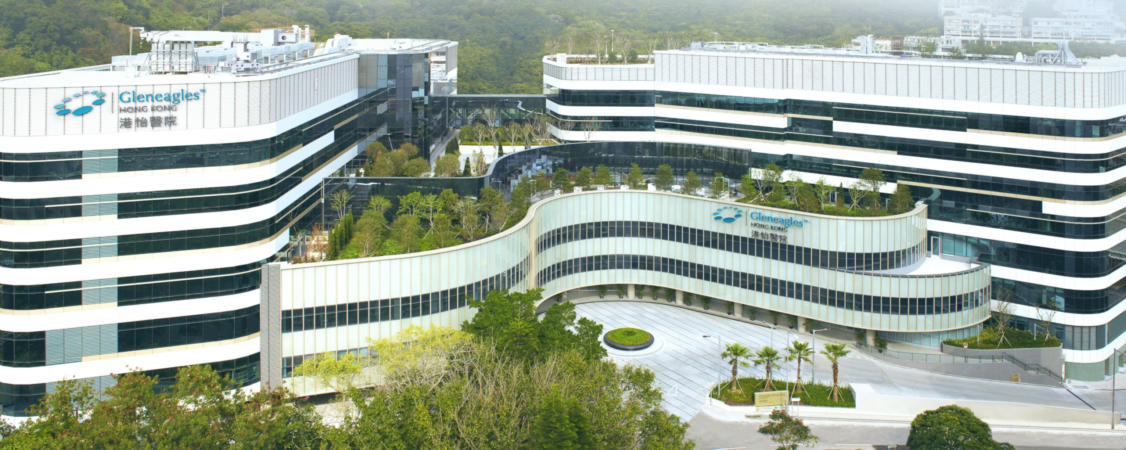Stomach Cancer
What is Stomach Cancer?
Stomach cancer (also known as gastric cancer) is an abnormal growth of tissue that usually starts in the cell lining of the stomach. The cancer can form a tumour or ulcer within the stomach, or it can spread through the wall of the stomach.
People with stomach cancer often have infection with Helicobacter pylori (H. pylori) (a bacterium), but not everyone with this infection will develop stomach cancer. Its occurrence is more common in East Asia than in Western countries.
Risk factors of stomach cancer may include:
- Ageing
- Consume substantial smoked foods, salted fish and meat, or pickled foods — eating fruits and vegetables rich in vitamins A and C lowers the risk of stomach cancer
- A family history of stomach cancer
- Pernicious anaemia caused by vitamin B12 deficiency
- Long-term inflammation of the stomach (chronic gastritis)
- Smoking
Stomach cancer at its early stage often causes no symptoms. As the cancer grows, common symptoms may include:
- Chronic upper abdominal pain
- Loss of appetite
- Unexplained weight loss
Less common symptoms include:
- Anaemia
- Passing black-coloured stools, which is a sign of bleeding
- Vomiting
Treatments for stomach cancer include:
- Early cancer can be removed by endoscopic methods
- Surgery to remove part of or entire stomach in more advanced cancer, or to reduce complications from the tumour such as obstruction or bleeding
- Chemotherapy, sometimes with radiation therapy after surgery, or to relieve symptoms if the patient cannot receive surgery
- Targeted therapy to block the growth and spread of cancer cells






